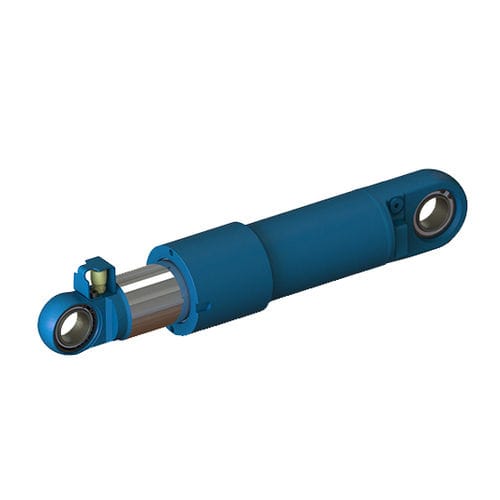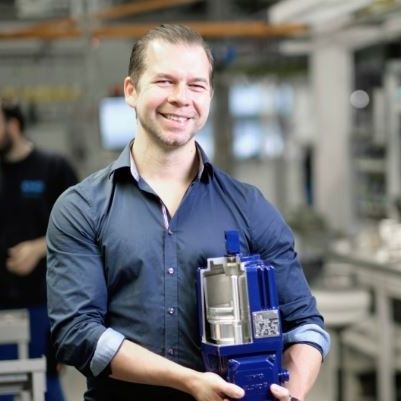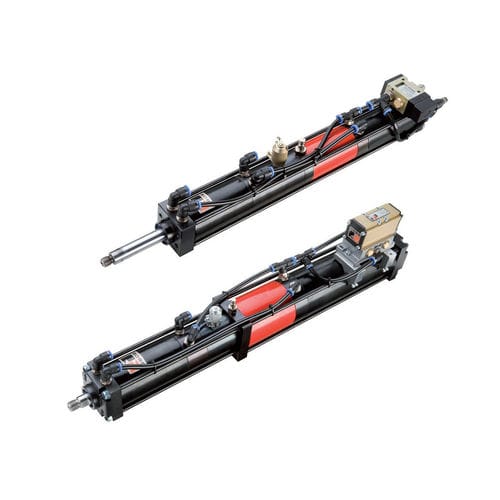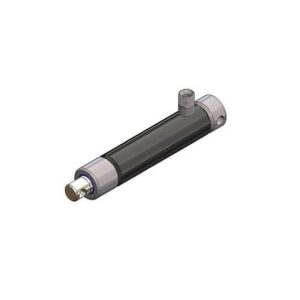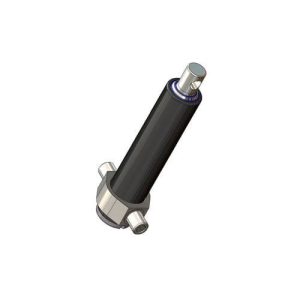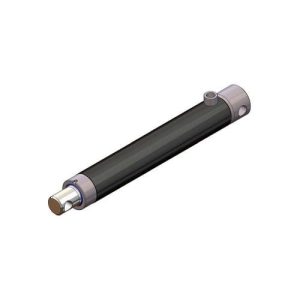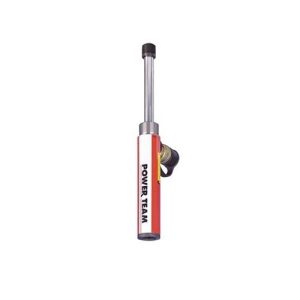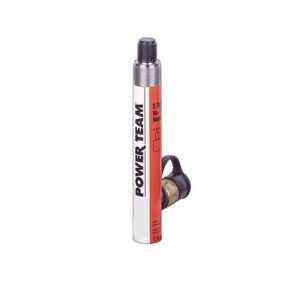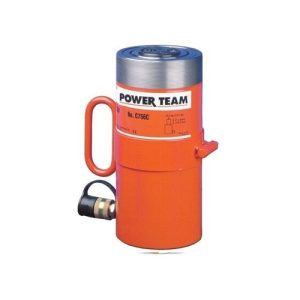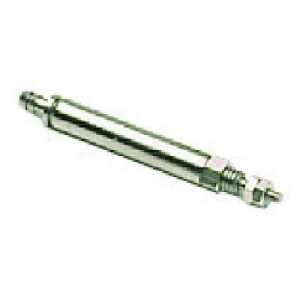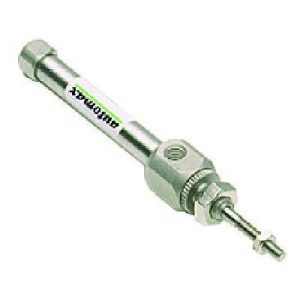Rotary actuator E3

Characteristics
- Movement
- rotary
- Type
- hydraulic
- Technology
- helical
- Configuration
- double-acting
- Material
- aluminum, steel
- Protection class
- water-resistant
- Applications
- industrial, for vehicles, for mobile applications
- Other characteristics
- compact, for heavy loads, hollow-shaft
- Torque
-
Min.: 50 Nm (36.878 ft.lb)
Max.: 3,600 Nm (2,655.224 ft.lb)
- Pressure
-
Min.: 5 bar (72.5 psi)
Max.: 210 bar (3,045.8 psi)
- Rotation angle
-
180 °, 360 °
- Ambient temperature
-
Min.: -25 °C (-13 °F)
Max.: 70 °C (158 °F)
Description
Effortless and duarble
Advantages at a glance
•ultra compact
•robust construction
•high bearing charge
•double shaft-and piston-sealing (lip seal)
•exact, almost free from backlash positioning
•wear resistant
•continuous shaft hole
The expert
for the mobile application
The E3 is a hydraulic rotary actuator that has been especially designed for mobile applications. This rotary actuator functions according to the “helical gear” principle and, due to its compact design, only requires a minimum amount of space.
As far as the dimensions are concerned, the Eckart E3 is identical in form to the products of its competitors. The Eckart E3 rotary actuator has unique selling points, however, which can offer decisive advantages during its application: firstly, the deflection threads are paired with virtually no play; secondly, the roller bearing is fitted so that there is no play; and thirdly, no compact seals which can be subjected to stress on both sides are used. Consequently, there is no more “wobbling”, such as of the work platform, when a lateral movement is made.
Option valve block
•oading hold function, in case there is a tendency for the work platform to rapidly move away if positioned on an incline
•clamp function,
so that the work platform cannot wobble from side to side regardless of its stop position
•overpressure function, which prevents the rotary actuator being irreparably damaged due to excess pressure, stemming either from the hydraulic system or from an increase in temperature
